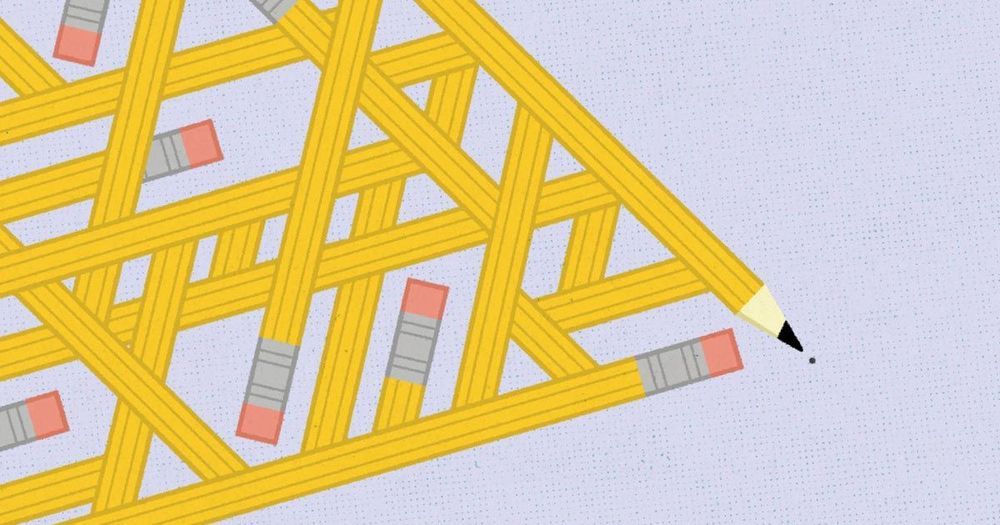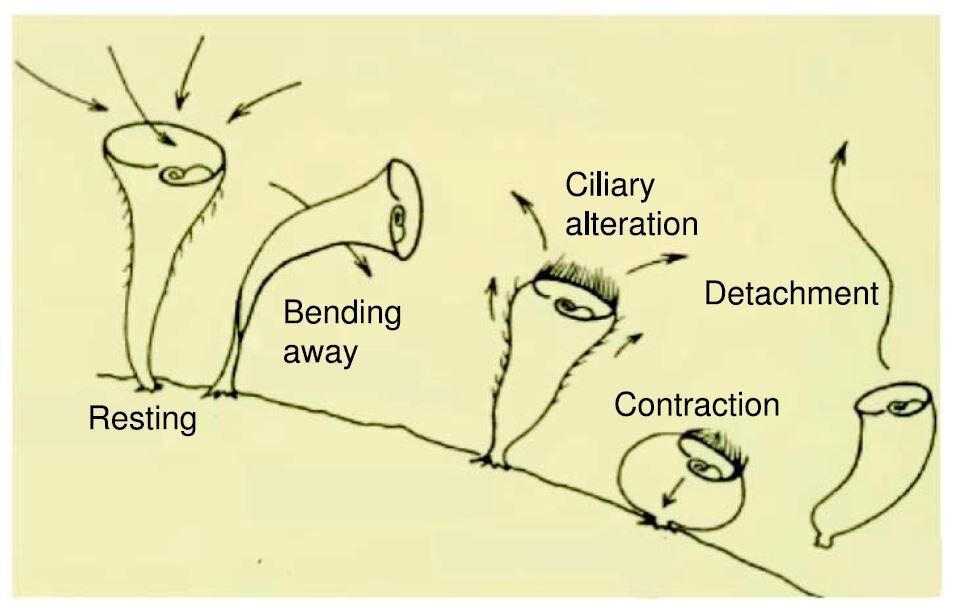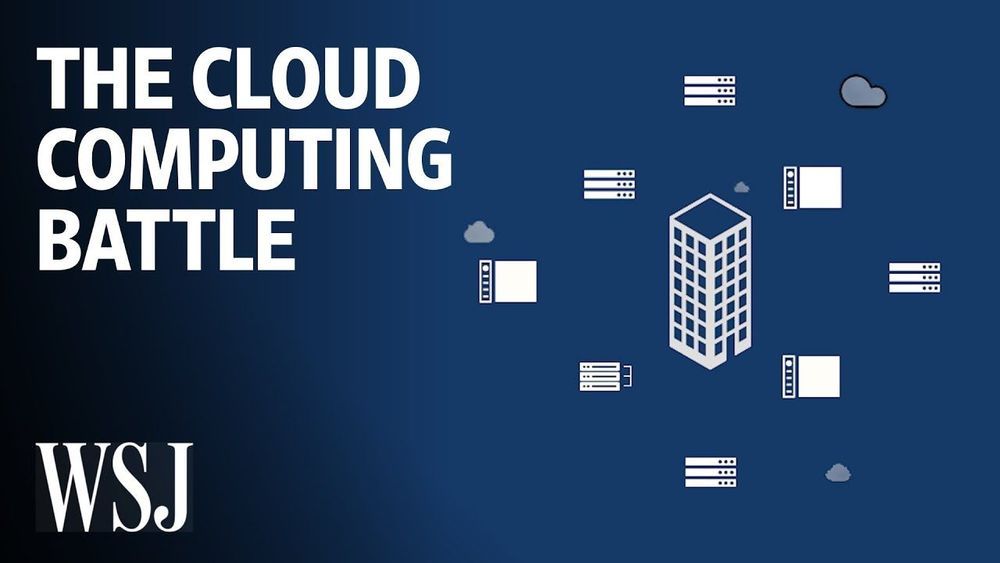Many of us are drawn to beauty in mathematics. But is that the way nature really works?




Once, single-cell life claimed sole dominion over the earth. For some three billion years, unfathomable generations of unicellular organisms ate, grew and reproduced among only each other. They evolved into predators and prey, thrived and spread across the primordial waters and land, and formed complex and dynamic ecosystems in every ecological niche on the planet. Around 600 million years ago, some even crossed the threshold into multicellularity.
Today, however, single-cell organisms are synonymous with notions like primitive and simple. Yet, new research suggests that they may be capable of much more than their very distant human cousins might suspect.
In an effort to replicate an experiment conducted over a century ago, systems biologists at Harvard Medical School now present compelling evidence confirming at least one single-cell organism—the strikingly trumpet-shaped Stentor roeselii—exhibits a hierarchy of avoidance behaviors.


SAN FRANCISCO — Larry Page and Sergey Brin, the Stanford graduate students who founded Google over two decades ago, are stepping down from executive roles at Google’s parent company, Alphabet, they announced on Tuesday.
Sundar Pichai, Google’s chief executive, will become the chief of both Google and Alphabet.
The move is an end of an era for Google. Mr. Page and Mr. Brin have personified the company since its founding and have been two of the technology industry’s most influential figures, on a par with the founders of Apple and Microsoft, Steve Jobs and Bill Gates.


Big tech firms are investing in data centers as they compete for the $214 billion cloud computing market. WSJ explains what cloud computing is, why big tech is betting big on future contracts.
More from the Wall Street Journal:
Visit WSJ.com: http://www.wsj.com
Visit the WSJ Video Center: https://wsj.com/video
On Facebook: https://www.facebook.com/pg/wsj/videos/
On Twitter: https://twitter.com/WSJ
On Snapchat: https://on.wsj.com/2ratjSM
#WSJ #Amazon #Microsoft



How fast does your phone charge? And how fast do you want your future smartphone to charge? At the moment, one of the fastest charging technologies has been presented by Xiaomi. Its 100W charging seems to be from another planet. But the smartphone makers are working hard to overcome this technology. Actually, this has its own reasons. We mean, still, there is no technology allowing the manufacturers to bring more power to the same capacity battery. So as the use applications are getting wider, the companies have to solve the power shortage problem. Seems, new technology has been already developed. And if nothing accidental happens, it will appear on future phones quite soon.